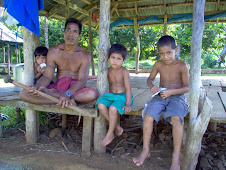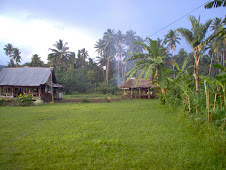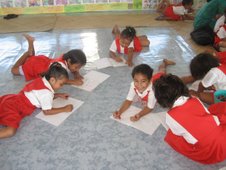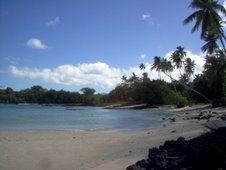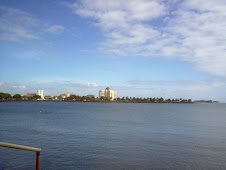
The last couple of evenings in the village I've been hearing the Samoan version of fireworks to celebrate Christmas. The “fireworks” are muffled booms – well, not so muffled if you’re up close. From my house, maybe the length of a football field away, it sounds like the noise made when fireworks are launched at a fireworks show. I went to see what was going on and saw three boys, about ten years old, having fun with fire. Here’s how they do it. Envision a stalk of dried bamboo about four to five feet long and four to six inches in diameter. Make a one-inch diameter hole in the end section, then pour in a small amount of kerosene. Fresh air is blown into the hole to activate the fumes. Then they light the gas from the top of the hole with a small flaming stick kept in the coconut husk fire nearby. Poof! Bang! And a flame shoots up a couple of feet in the air. Again, and again, with a small explosion about every five seconds. It takes some practice to make the loudest bang. It's called a "bamboo cannon" and ironically the children use it as an alternative to commerical, dangerous, fireworks which are illegal in Samoa.


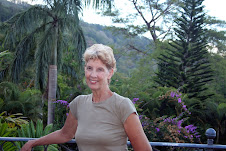
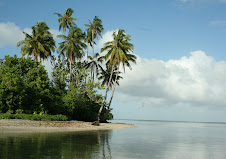
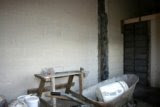

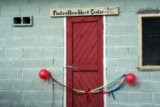
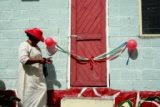
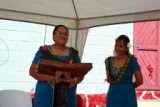
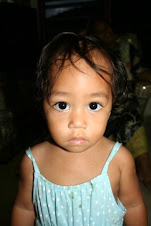
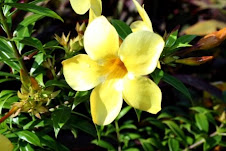
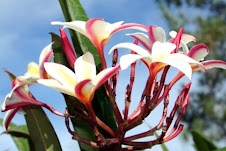
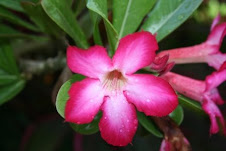

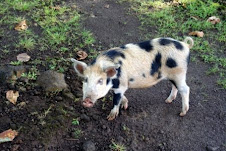

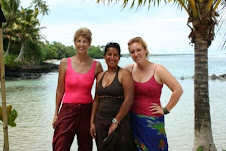

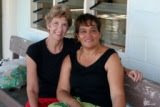

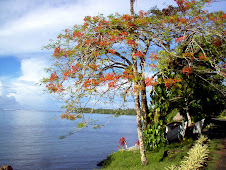
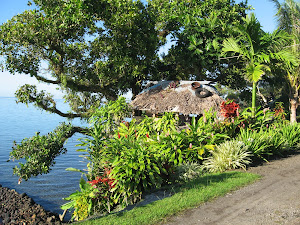
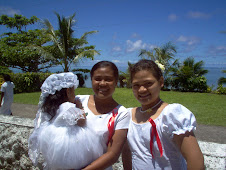
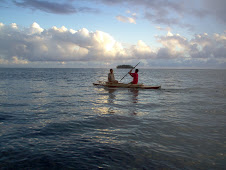

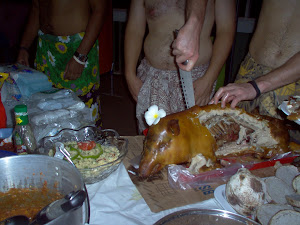
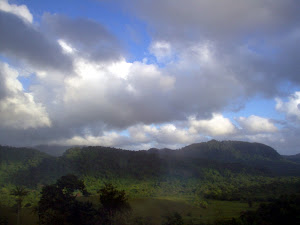
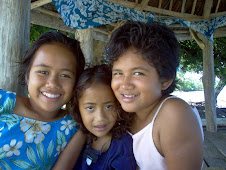.jpg)
